August 3, 2024
Exploring The Rx Generation Myth Among Millennials
Unveiling the truth about the Rx Generation myth among millennials.
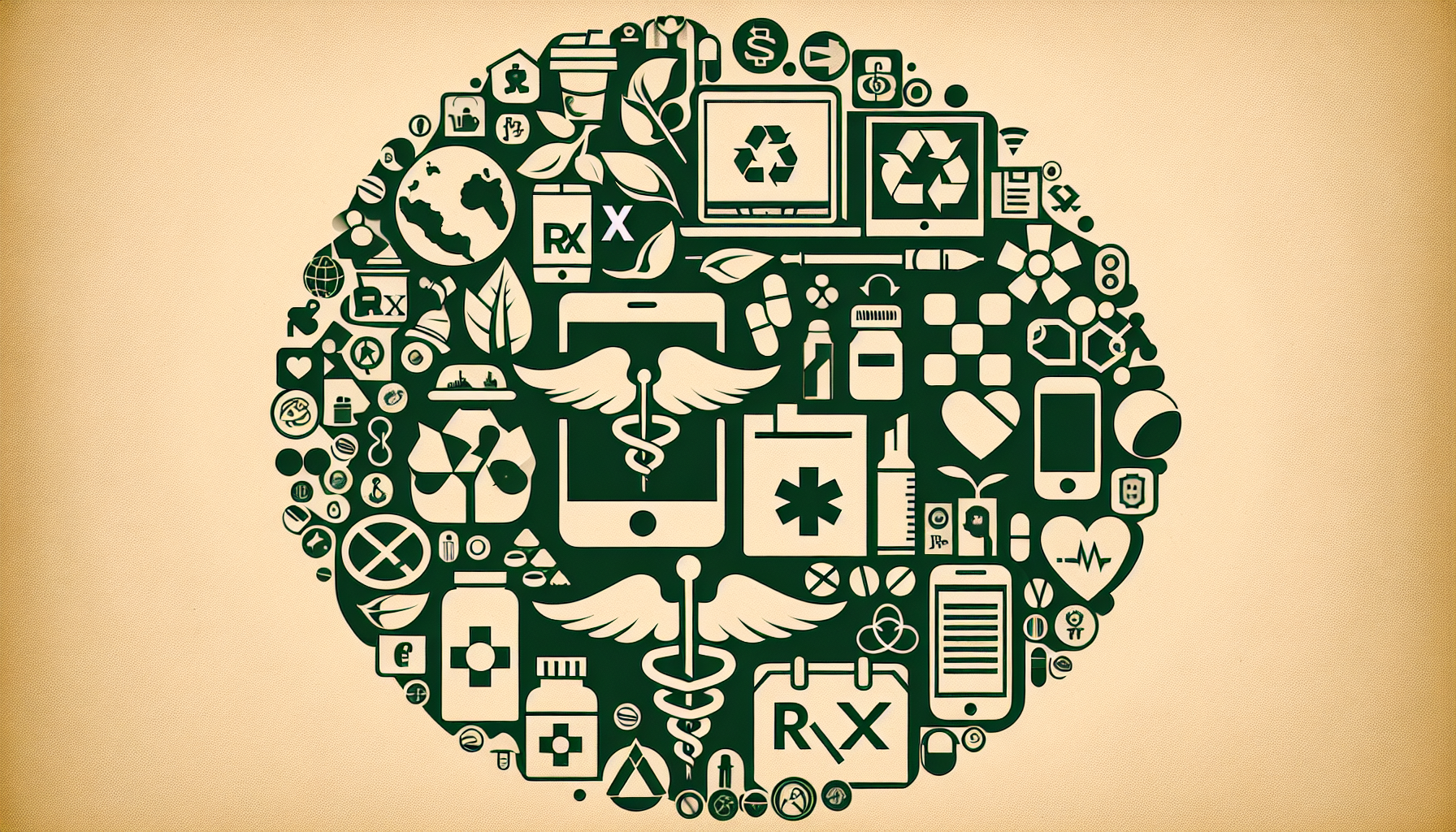
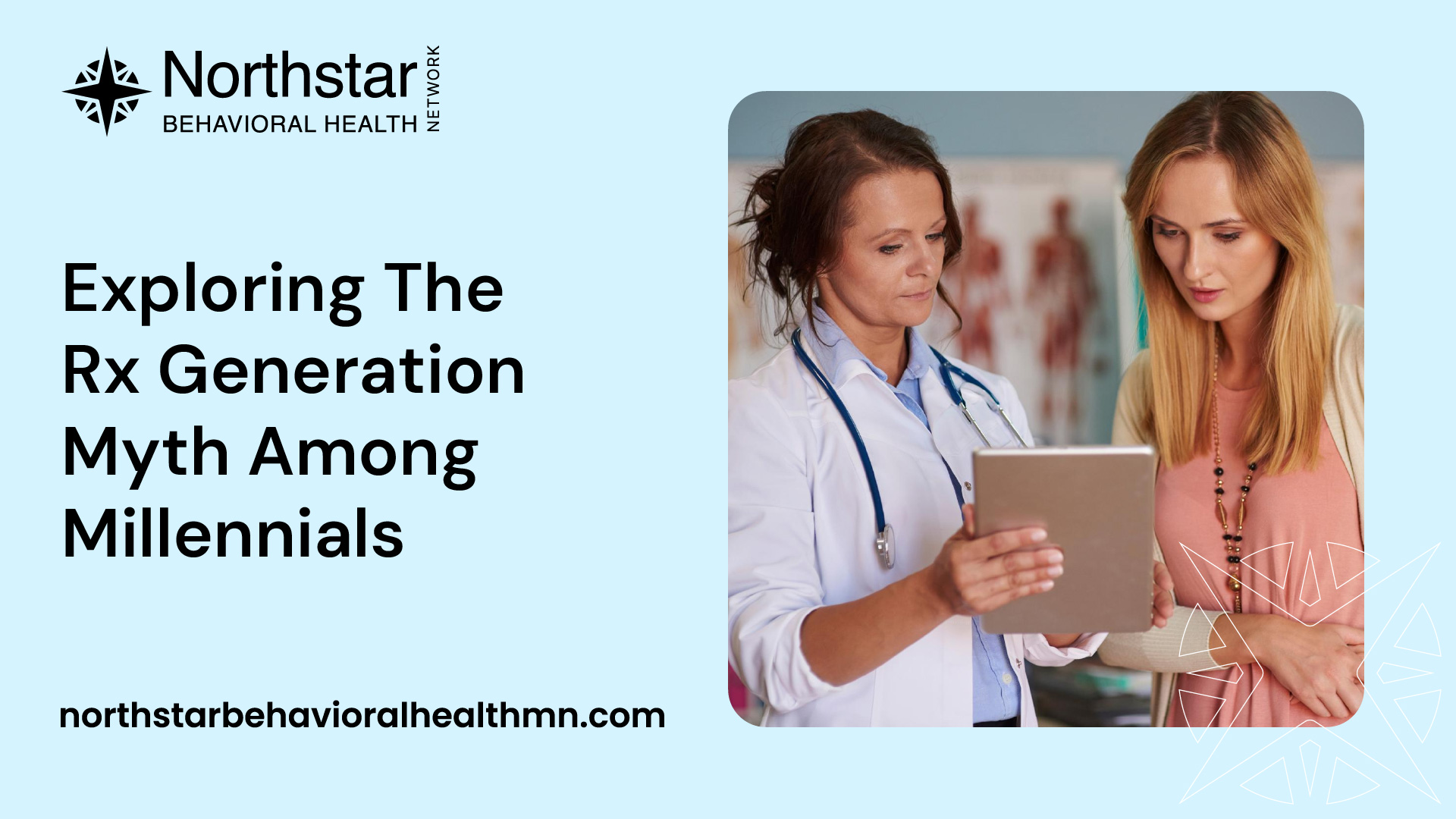
Debunking the Myth
The Rx Generation Myth, which suggests that millennials are heavily involved in prescription drug misuse, has gained attention in recent years. However, it is essential to examine the reality behind this perception and understand the relationship between millennials and prescription drugs.
Introduction to the Rx Generation Myth
The Rx Generation Myth refers to the belief that millennials, individuals born between the early 1980s and mid-1990s, are significantly more prone to prescription drug misuse compared to other age groups. This perception has been fueled by media portrayals and anecdotal accounts, leading to a widespread misconception.
Understanding the Perception of Millennials and Prescription Drugs
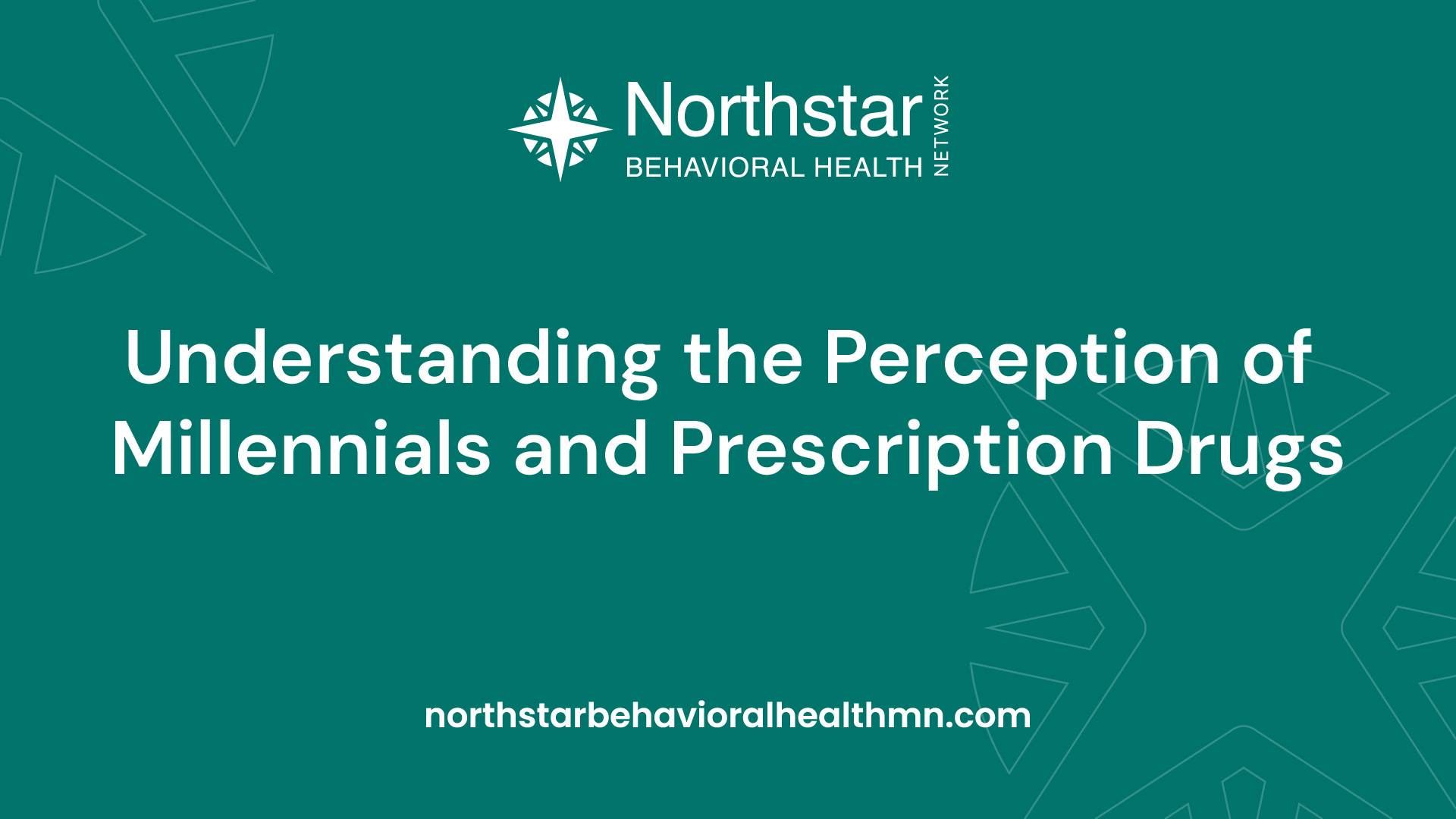
While it is crucial to acknowledge the seriousness of prescription drug misuse, it is equally important to recognize that millennials are not a homogeneous group when it comes to this issue. Generalizations about an entire generation can oversimplify the complexities surrounding prescription drug use.
To gain a clearer understanding, let's explore some statistics and trends among millennials regarding prescription drug use. According to a study conducted by the Substance Abuse and Mental Health Services Administration (SAMHSA), in 2019, approximately 3.9 million young adults aged 18 to 25 misused prescription drugs in the past year. This represents a significant concern, but it does not indicate that all millennials are involved in prescription drug misuse.
To delve deeper into the issue, it is important to examine the factors contributing to prescription drug misuse among millennials. These factors can include social influences, such as peer pressure or exposure to prescription drugs through friends or family members. Additionally, psychological and emotional factors, such as stress, anxiety, or depression, can also play a role in prescription drug misuse.
By examining the reality of prescription drug use among millennials and understanding the underlying causes, we can break free from the Rx Generation Myth. It is crucial to approach this issue with a nuanced perspective and avoid making sweeping generalizations about an entire generation.
In the subsequent sections, we will explore the root causes of prescription drug misuse among millennials, discuss strategies for prevention and education, and highlight the importance of empowering millennials to make informed choices. Stay tuned to gain a comprehensive understanding of this topic.
The Reality of Prescription Drug Use
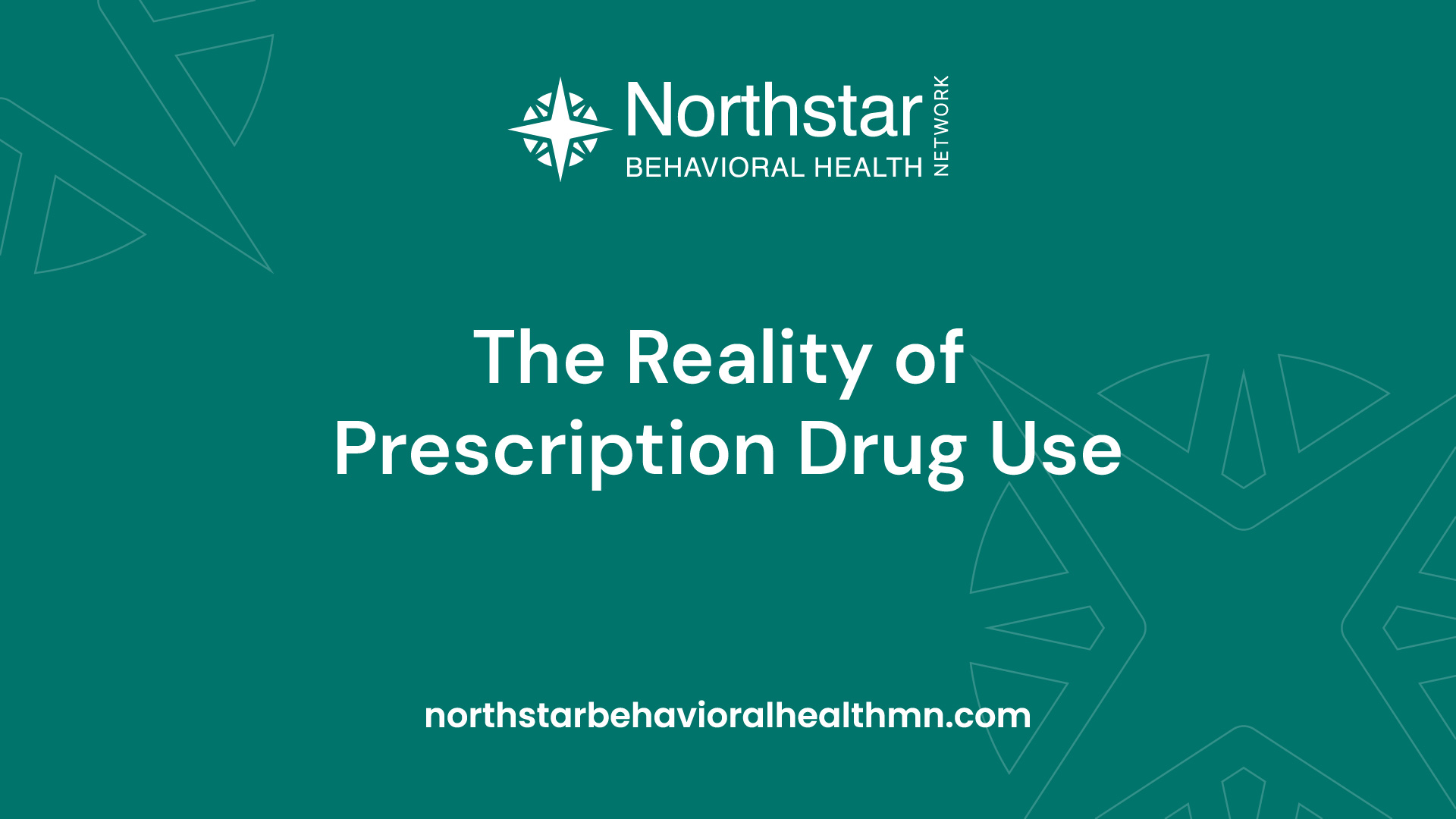
To understand the truth behind the Rx Generation myth among millennials, it is essential to examine the statistics and trends related to prescription drug use in this demographic. Additionally, exploring the factors contributing to prescription drug misuse will provide insight into the reality of the situation.
Statistics and Trends Among Millennials
Contrary to the perception that millennials are the Rx Generation, studies suggest that prescription drug misuse is not as prevalent among this demographic as commonly believed. According to the National Survey on Drug Use and Health, the majority of prescription drug misuse occurs among older adults, not millennials.
However, it is important to acknowledge that prescription drug misuse does occur among millennials, albeit at lower rates compared to other age groups. The Substance Abuse and Mental Health Services Administration reports that in recent years, approximately 4.3% of young adults aged 18 to 25 have engaged in non-medical use of prescription drugs.
Factors Contributing to Prescription Drug Misuse
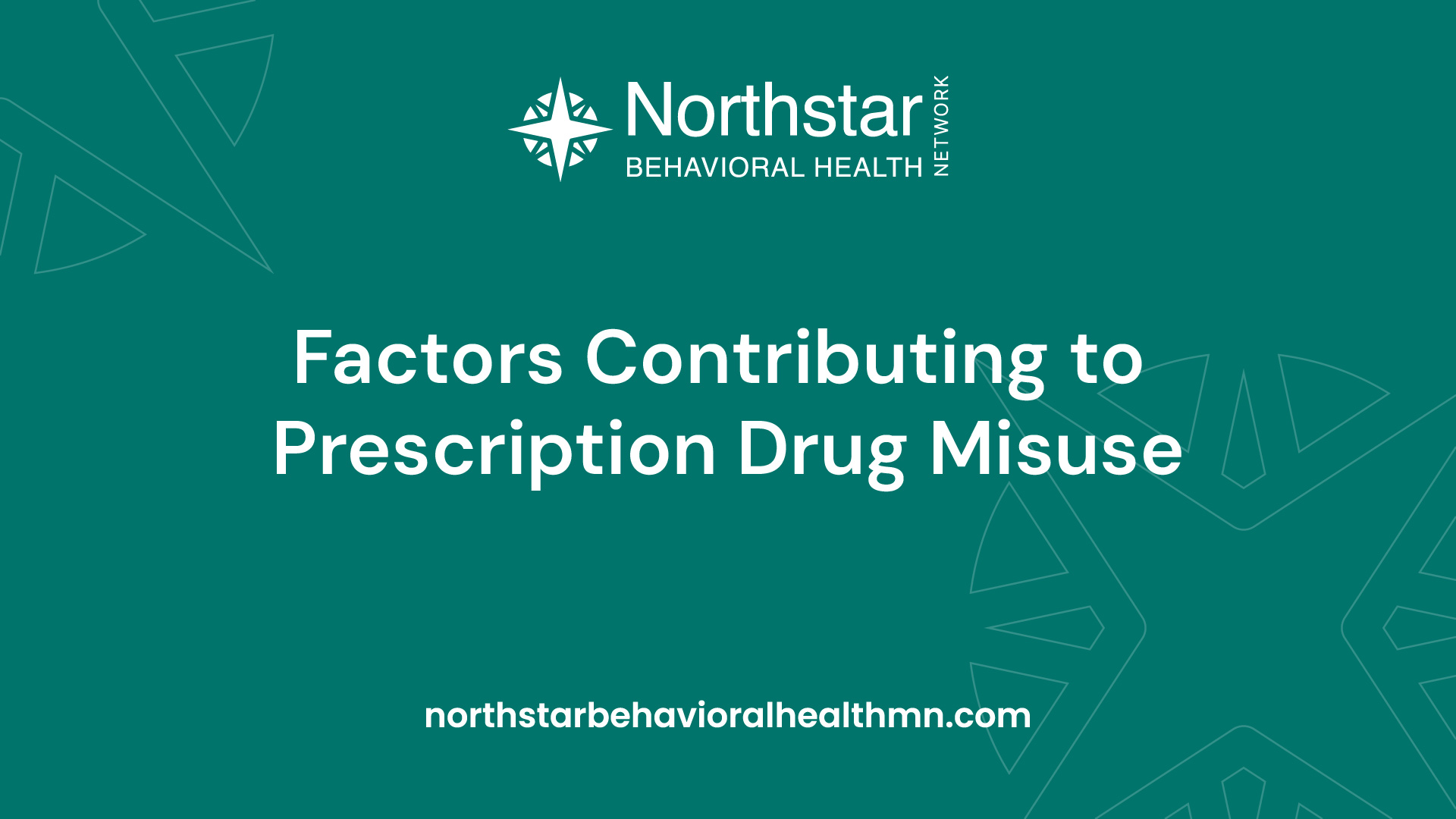
Several factors contribute to prescription drug misuse among millennials. One significant factor is the accessibility of prescription drugs. Young adults may have easy access to these medications through friends, family members, or even their own prescriptions. Additionally, the misuse of prescription drugs can be influenced by societal and peer pressures, as well as the desire to self-medicate for various reasons such as stress, anxiety, or pain management.
Another contributing factor is the lack of awareness regarding the potential risks and consequences of prescription drug misuse. Many young adults may not fully understand the dangers of using these medications without a valid medical need or without proper medical supervision. Education and awareness campaigns play a crucial role in addressing this issue and empowering millennials to make informed choices.
To combat prescription drug misuse among millennials, it is important to implement strategies for prevention and education. This includes promoting responsible prescribing practices, raising awareness about the risks associated with misuse, and providing resources for individuals who may be struggling with prescription drug misuse.
By taking a comprehensive approach that combines prevention, education, and support systems, we can work towards breaking the stigma associated with prescription drug misuse and helping millennials make healthier choices.
Understanding the reality of prescription drug use among millennials is crucial in debunking the Rx Generation myth. By examining the statistics, trends, and underlying factors contributing to prescription drug misuse, we can develop targeted interventions and support systems to address this issue effectively.
It is important to remember that not all millennials fall into the Rx Generation stereotype, and by providing the right information and resources, we can empower them to make healthier choices for their well-being.
Exploring the Root Causes
To understand the factors contributing to prescription drug use among millennials, it's essential to explore the root causes. Two significant factors that influence prescription drug use are social influences and psychological/emotional factors.
Social Influences on Prescription Drug Use
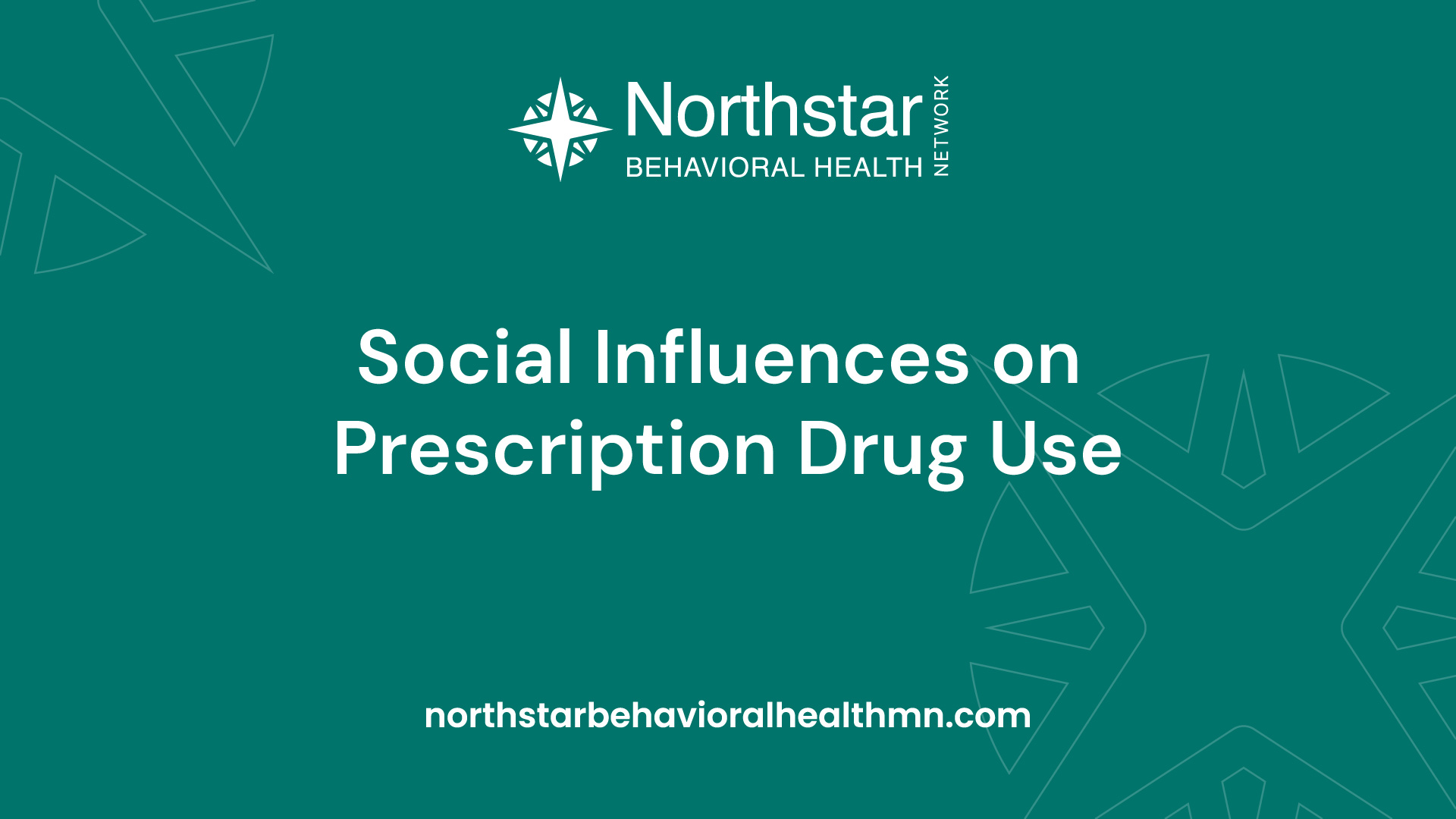
Millennials are greatly affected by social influences when it comes to prescription drug use. Peer pressure, societal norms, and the desire to fit in can all play a role in engaging in prescription drug misuse. In some cases, individuals may be exposed to prescription drugs through friends or acquaintances who have legitimate prescriptions but share or sell their medication.
Additionally, the portrayal of prescription drug use in popular media and online platforms can contribute to the normalization of such behavior. The perception that prescription drugs can enhance performance or provide quick relief from stress and anxiety can influence millennials to experiment with these substances.
It's important to address the impact of social influences and promote awareness about the potential dangers of prescription drug misuse. Education and prevention programs can help individuals make informed choices and resist the pressure to engage in this risky behavior. For more information on strategies for prevention and education, refer to our article on examining the range of drug abuse addiction and treatment.
Psychological and Emotional Factors
Psychological and emotional factors also play a significant role in prescription drug use among millennials. Many individuals turn to prescription drugs as a way to cope with stress, anxiety, depression, or other mental health issues. The belief that these medications can provide quick relief or help manage emotional pain may lead to their misuse.
Moreover, individuals with a history of trauma or adverse life experiences may turn to prescription drugs as a form of self-medication. The temporary relief or numbing effect that certain medications can provide may seem appealing to those seeking to escape from emotional distress.
Addressing the psychological and emotional factors that contribute to prescription drug use requires a comprehensive approach. It involves providing access to mental health services, counseling, and support systems to help individuals understand and manage their emotions in healthier ways. If you or someone you know is struggling with addiction, seeking professional help and support is crucial. Find resources and treatment options in your area by referring to our article on rehab centers in NJ.
By exploring the root causes of prescription drug use among millennials, we can better understand the complexities of this issue. It is through this understanding that we can develop effective prevention strategies, promote education, and provide the necessary support to empower individuals to make informed choices and overcome addiction.
Breaking the Stigma
When it comes to addiction, breaking the stigma surrounding it is crucial in helping individuals seek the support and help they need. This section focuses on two important aspects of overcoming addiction: seeking help and the support systems and resources available.
Seeking Help and Overcoming Addiction
Acknowledging the need for help is a significant step towards overcoming addiction. It is essential for individuals struggling with addiction to understand that they are not alone and that seeking help is a sign of strength, not weakness.
There are various avenues available for individuals seeking help. One option is to reach out to a healthcare professional or addiction specialist who can provide guidance and support.
They can help create a personalized treatment plan based on the individual's specific needs and circumstances. Additionally, support groups and counseling services can play a vital role in the recovery journey by providing a safe space for individuals to share their experiences and learn from others who have faced similar challenges.
It's important to note that seeking help is not a one-time decision but an ongoing process. Recovery from addiction involves commitment, perseverance, and a willingness to make positive changes. With the right support and resources, individuals can successfully navigate the path to recovery.
Support Systems and Resources Available
Building a strong support system is crucial for individuals in recovery. Support can come from various sources, including family, friends, support groups, and professional counselors. These individuals can provide emotional support, encouragement, and accountability throughout the recovery journey.
In addition to personal support systems, there are numerous resources available to assist individuals in overcoming addiction. These resources may include:
- Hotlines and Helplines: Hotlines and helplines provide immediate assistance and guidance for individuals in crisis. They can offer information, resources, and referrals to treatment centers or support groups. If you or someone you know is in need of immediate help, consider contacting a helpline specific to addiction recovery.
- Treatment Centers: Treatment centers provide a structured environment for individuals to receive comprehensive care and support during their recovery journey. These centers may offer a range of services, including detoxification, therapy, counseling, and aftercare programs. It's important to choose a treatment center that aligns with the individual's specific needs and preferences.
- Support Groups: Support groups, such as Alcoholics Anonymous (AA) or Narcotics Anonymous (NA), offer a supportive community of individuals who have faced similar struggles with addiction. These groups provide a safe space for individuals to share their experiences, receive guidance, and learn from others who have successfully overcome addiction.
- Online Resources: The internet offers a wealth of information and resources for individuals seeking help for addiction. Online forums, educational websites, and virtual support groups can provide valuable insights, tools, and connections to aid in the recovery process.
Remember, everyone's journey to recovery is unique, and it's important to find the support systems and resources that best fit individual needs. By seeking help and utilizing the available support systems and resources, individuals can take the first steps towards overcoming addiction and building a healthier, happier future.
If you or someone you know is struggling with addiction, do not hesitate to reach out for help. There are resources and support systems available to guide you on the path to recovery. For more information on addiction, treatment options, and support, visit our article on a drug abuse definition might help me decide to get help.
Moving Forward
To address the issue of prescription drug misuse among millennials, it is crucial to implement effective strategies for prevention and education. By focusing on these aspects, we can empower millennials to make informed choices and reduce the prevalence of prescription drug abuse.
Strategies for Prevention and Education
Prevention is key when it comes to combating prescription drug misuse among millennials. Here are some strategies that can be implemented:
- Education Campaigns: Launching educational campaigns that specifically target millennials can help raise awareness about the risks and consequences of prescription drug misuse. These campaigns should provide accurate information about the dangers of misuse, as well as promote responsible use and disposal of prescription drugs.
- Public Awareness Programs: Collaborating with healthcare professionals, community organizations, and schools to develop public awareness programs can play a vital role in preventing prescription drug misuse. These programs can include workshops, seminars, and informative materials that educate millennials about the potential risks associated with prescription drugs.
- Access to Reliable Information: Providing easily accessible and reliable information about prescription drugs, their uses, side effects, and potential risks can help millennials make informed decisions. This information can be disseminated through websites, brochures, and helplines, enabling individuals to understand the importance of using prescription drugs responsibly.
- Prescription Drug Monitoring Programs: Implementing and expanding prescription drug monitoring programs can help identify potential cases of misuse or abuse. These programs allow healthcare providers to monitor the prescribing and dispensing of controlled substances, ensuring that they are being used appropriately.
Empowering Millennials to Make Informed Choices
Empowering millennials to make informed choices about prescription drug use is vital for preventing misuse. Here are some ways to achieve this:
- Promote Open Dialogue: Encouraging open and honest conversations about prescription drug use can help break the stigma surrounding addiction and make it easier for millennials to seek help. By fostering a supportive environment, individuals will feel more comfortable discussing their concerns and seeking guidance or treatment.
- Provide Resources and Support: Offering accessible resources, such as helplines, support groups, and online forums, can provide millennials with the support they need to address prescription drug misuse. These resources can offer guidance, information, and a sense of community for individuals who are struggling or in recovery.
- Collaborate with Healthcare Professionals: Collaborating with healthcare professionals, including doctors, pharmacists, and counselors, can ensure that millennials receive accurate information and appropriate guidance regarding prescription drug use. By working together, we can ensure that healthcare providers are equipped to address the specific needs and concerns of millennials.
- Encourage Alternative Treatment Options: Promoting alternative treatment options for pain management, such as physical therapy, cognitive-behavioral therapy, and non-opioid medications, can help millennials explore alternatives to prescription drugs. By offering a range of options, individuals can make informed decisions about their treatment plans and reduce their reliance on prescription drugs.
By implementing these strategies and empowering millennials to make informed choices, we can work towards reducing prescription drug misuse and building a healthier future for this generation. For more information on drug abuse, addiction, and available treatment options, explore our article on a drug abuse definition might help me decide to get help.

.jpg)




.jpg)

